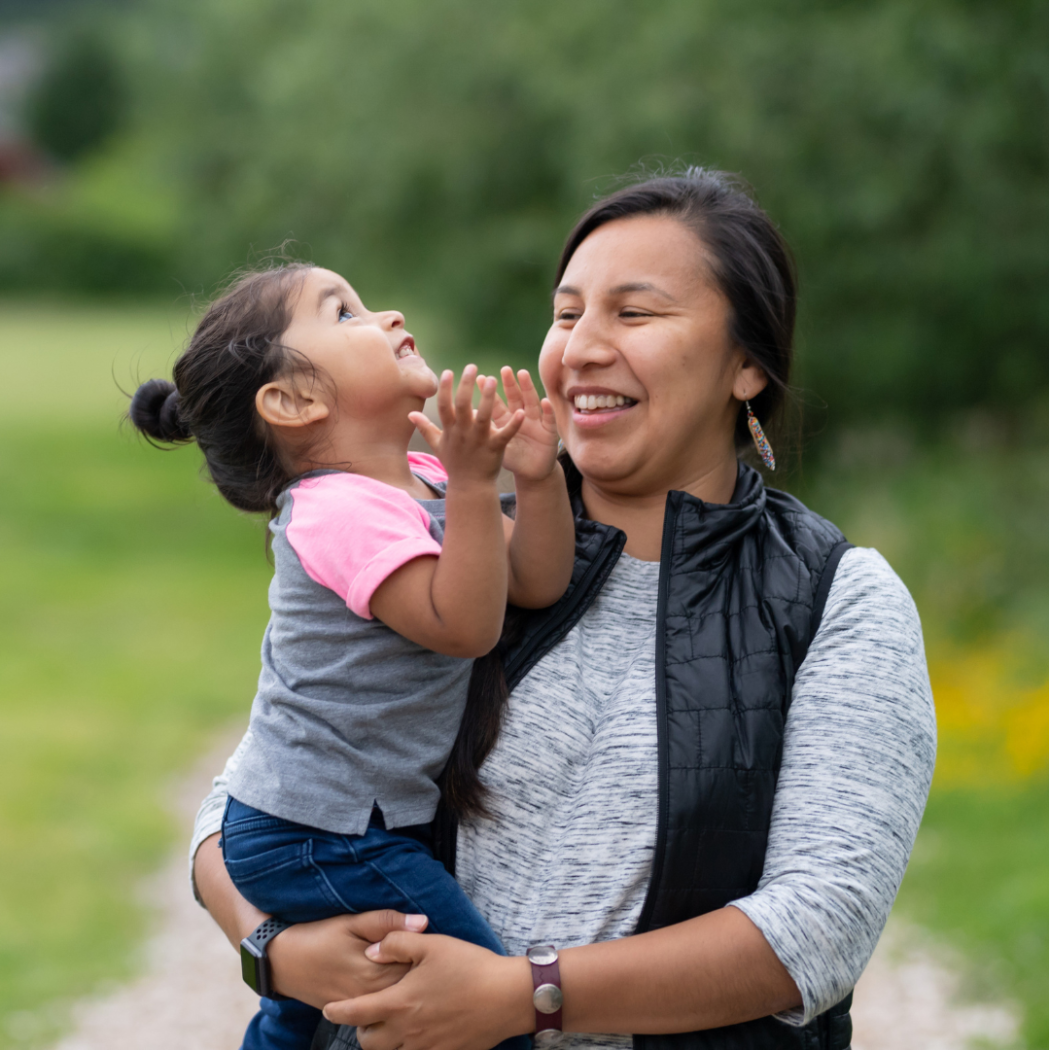 The Family and Medical Leave Act was passed in 1993, and has allowed 35 million workers to have access to combat health issues, bond with their children, or tend to other family matters. It is the first and only legislation that gives workers access to somewhat of a work life balance. This federal act guarantees that employees can have up to 12 weeks of unpaid leave with job security to care for an immediate family member or to take care of medical issues. It has been almost three decades since this legislation was passed, and it is time to renegotiate who is considered family, the need to guarantee paid leave, and considering hybrid leave to mitigate the impact of postpartum depression and anxiety.
The Family and Medical Leave Act was passed in 1993, and has allowed 35 million workers to have access to combat health issues, bond with their children, or tend to other family matters. It is the first and only legislation that gives workers access to somewhat of a work life balance. This federal act guarantees that employees can have up to 12 weeks of unpaid leave with job security to care for an immediate family member or to take care of medical issues. It has been almost three decades since this legislation was passed, and it is time to renegotiate who is considered family, the need to guarantee paid leave, and considering hybrid leave to mitigate the impact of postpartum depression and anxiety.
Carol “Katie” Eddings is a Two-Spirit 11th grade personal finance teacher from Sanford, North Carolina. Two-Spirit is a term used by Native American communities to describe individuals with both masculine and feminine spirit. Nine years ago, Katie and her ex-wife initiated the process to adopt a two-day old baby who had just been placed into foster care. At three months, the baby was officially adopted. In September of 2013, Eddings was able to get unpaid Family and Medical Leave to bond with her new baby. Teachers are able to obtain paid leave time from other teachers when they have a baby, but Katie did not have this experience, because of specific policies that exist in her school system.
Although this was an official adoption, Katie was not allowed to obtain time from other teachers. “Because I didn’t physically have her, they wouldn’t let me get leave from other people. They charged me for the time that I took off.” She ended up going a month with no pay, and used two months of FMLA. Her child was too small to be in a daycare and she stressed the importance of the baby bonding with her adoptive parents. At first Eddings was unsure if she was experiencing discrimination. “I have a baby just like someone who physically had one.” She was told that Moore County’s School System parental leave policy did not cover adoptive parents.
Elena Rodriguez-Urbina, an elementary school teacher, is a mother of two and recently left teaching partially because of her experience with taking leave after the births of her children. Her original plan was to take six weeks with the paid leave days she had accumulated, noting that Durham County public schools only allow accumulated paid leave. “We are basically paying for our leave. If I were to take any more days off, I would have to pay for the sub, who actually makes more than what I was making at the time,” Elena states about substitute teachers who get paid around $130 dollars a day, although subs do not get access to health benefits.
Elena suffered from nerve damage giving birth to her first child, and she could not walk without assistance. She had a four point cane and had to go through physical therapy. Her doctor suggested another six weeks of leave, totalling three months, and she had to pay for two of those weeks with the leave she was able to obtain from other teachers. “There is a system in place where only certain people are allowed to donate days and they can only give you so many days.” Elena did not know that she could ask her co-workers for leave time and was able to get a refund for the time she paid for. Elena had an unpleasant experience as a first time parent, because of all of the stress while breastfeeding, and having not gained feeling in her toes from nerve damage.
Elena had her second child during COVID-19, and although her birth experience improved, she had a different painful experience with her workplace. She got the maximum number of days she could for maternity leave. The school system returned to in-person classes in the middle of the year after being online. Her leave ended two weeks before the school system ended. She could have taken these two weeks instead of going back at the end of the year causing a disruption. Because she had a newborn at home, she was allowed to remain off campus to protect her baby from COVID. Elena argues that it would have made more sense to give her the other two weeks, because of the disruption to the students. Elena left teaching shortly after due to the stress. Despite her love for teaching, she had to choose her mental health over the systematic mistreatment teachers in America.
Kayla Cyrus, 27, used to be a stay-at-home mom and recently re-entered the workforce post-divorce. “The transition was hard at first,” she says, “but I got the break I always needed.” Her husband took paternity leave, but she felt like she was parenting alone. “When he wasn’t working, he was resting, or working on other projects to get ahead.” Now that she is working, She thinks that there needs to be more discussion about how people spend their time off. People do not seem to truly be able to rest with the pressure of maintaining economic stability.
Kayla and Elena both experienced postpartum health conditions after the birth of their children. Elena experienced postpartum anxiety along with physical damage after her first pregnancy, but expressed gratitude for being home with her husband and her baby. “I was able to take care of my mental health.” Kayla says that she is still healing from postpartum depression, and her last child is three years old now. Kayla did not realize that she had postpartum depression until after her third child. The postpartum period is also called “the fourth trimester,” lasting for three months after birth. Some women, like Kayla, experience a longer postpartum period that can last for years.
“Now that I am working, I do want more children. I enjoy working, and I don’t want to lose my job.” She already has four children, and she highly values resting and bonding with her children. When it comes to healing, she thinks that everyone’s timeline is different. Three months of FMLA may be enough for some, but not for all parents, especially those experiencing long postpartum depression. Depending on the person, it could be beneficial to have an option for hybrid leave after three months for mothers experiencing persisting postpartum health issues.
After the passage of FMLA, mothers were more likely to work for the same company, and took less time away from employment than mothers who gave birth before FMLA. Employers benefit from savings obtained from a reduced turnover rate. It is also more cost effective to provide leave to an employee rather than replacing the employee permanently. The hiring process can cost up to five times the employee’s yearly wages, in addition to reduced productivity and a drop in employee morale. Employers and workers could all benefit from amending FMLA to guarantee paid leave for all employees.
In North Carolina, teachers like Katie Eddings should be protected from having over a month of unpaid parental leave. Having a new baby in the home is a huge financial transition, and all working parents, including adoptive parents, should have access to paid leave. Mothers who experience a difficult postpartum period, need financial comfort and job security as they bond with their newborns and heal their bodies. Creating standard policies that guarantee paid leave gives parents the best state of mental and physical health to raise their children.
 Aminah is an integrative researcher, activist for Indigenous and Black issues, and advocate fighting violence against women and children. Aminah grew up in Pembroke, North Carolina and is a member of the Lumbee Tribe. Beyond being a Division I track and field athlete in college, Aminah has also channeled her energies into her education having studied Biology at East Carolina University and completing a Masters in Physiology and Biophysics with a concentration in Integrative Medicine from Georgetown University. Her research with Breaths Together for a Change centers blending wisdom traditions, Indigenous epistemology, with Western epistemology to test how mindfulness can reduce racial bias and heal historical trauma. She has served as a Domestic Violence and Sexual Assault victim advocate, a board member for the Missing and Murdered Indigenous Women NC Coalition, and created Good Medicine Woman LLC to address gaps in knowledge about Indigenous culture. She ran for NC House District 47 in 2022, and is an ECU 40 under 40 Leadership Award recipient.
Aminah is an integrative researcher, activist for Indigenous and Black issues, and advocate fighting violence against women and children. Aminah grew up in Pembroke, North Carolina and is a member of the Lumbee Tribe. Beyond being a Division I track and field athlete in college, Aminah has also channeled her energies into her education having studied Biology at East Carolina University and completing a Masters in Physiology and Biophysics with a concentration in Integrative Medicine from Georgetown University. Her research with Breaths Together for a Change centers blending wisdom traditions, Indigenous epistemology, with Western epistemology to test how mindfulness can reduce racial bias and heal historical trauma. She has served as a Domestic Violence and Sexual Assault victim advocate, a board member for the Missing and Murdered Indigenous Women NC Coalition, and created Good Medicine Woman LLC to address gaps in knowledge about Indigenous culture. She ran for NC House District 47 in 2022, and is an ECU 40 under 40 Leadership Award recipient.

There are no comments
Add yours